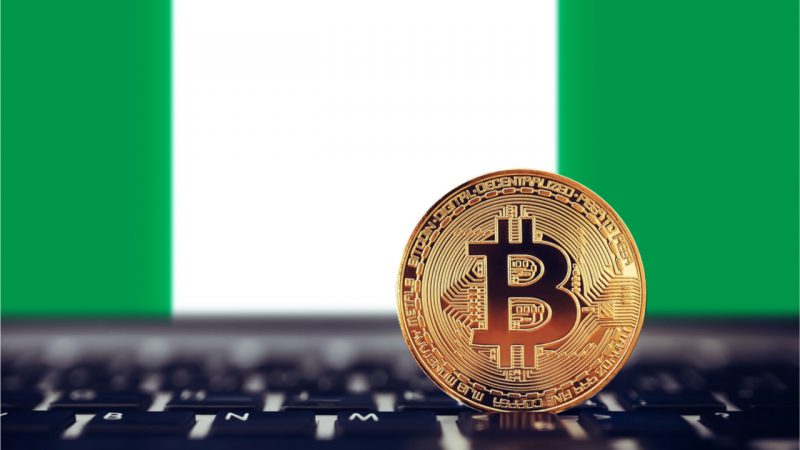Despite being in a bear market, Bitcoin adoption has been going on at a noteworthy spree. As analyzed in our recent articles, market participants across the board have been accumulating the largest crypto asset. According to reports, Nigeria is contemplating passing a law for the legal use of Bitcoin and other crypto assets.
A local media outlet quoted Babangida Ibrahim, the Chairman of the House of Representatives Committee on Capital Market and Institutions of Nigeria, confirming the same. The bill will amend the 2007 Investments and Securities Act and validate cryptos including Bitcoin and other digital asset funds as legal capital for investment.
The said law will further chalk out the regulatory roles of the Central Bank of Nigeria and the SEC w.r.t. digital currencies.
In February last year, Nigeria put a stop to the usage of Bitcoin. It did so by prohibiting regulated financial businesses from dealing with cryptos. Despite the ban, P2P volumes soared, fostering Bitcoin adoption in Nigeria.
Data from Paxful pointed out that Nigeria’s P2P Bitcoin trading volume surpassed $1 billion between January 20221 and June 2022. That made it one of the fastest-growing crypto markets.
Read More: Nigeria’s Bitcoin P2P volume hits $400M in H1 2022, while Ghana and Kenya follow
Nigeria Looking At Legality of Cryptos
Commenting need for legislation, Ibrahim said,
“… we need an efficient and vibrant capital market in Nigeria. For us to do that, we have to be up to date global practices. In recent time, there are a lot of changes within the capital market, especially with the introduction of digital currencies, commodity exchanges and so many other things that are essential, that need to be captured in the new Act.”
Post stressing the decentralized nature of cryptos and how they do not have a carved-out jurisdiction where they can be used, Ibrahim noted that it was necessary to regulate them. He said,
“… if you remember – when cryptocurrency was initially banned in Nigeria, the CBN discovered that most of these investors don’t even use local accounts. So, they are not within the jurisdiction of the CBN. Because they are not using local accounts, there is no way the CBN can check them.”
Ibrahim added,
“It is not about lifting of the ban, we are looking at the legality: what is legal and what is within the framework of our operations in Nigeria.”





